Picture this: you’re following our last blog post and have started incorporating some reflux-fighting foods into your every day eating patterns. But, the all-too-familiar feelings of a burning sensation in the chest and a bloated belly still remain. We know how frustrating this can be; after all, acid reflux is directly correlated to food intake. Even if we try to follow an 80/20 approach (80% health-promoting foods and 20% fun foods), heartburn can sometimes linger like an unwelcome guest.
Acid reflux triggers vary by individual, so it’s important to pay attention to foods that cause these unwanted symptoms. That’s not to say that these foods can never be eaten! Instead, understanding that certain foods have adverse effects may help us to be more mindful about eating and enjoying them. There are certain foods that have been shown to help our gut work more effectively and efficiently; these foods protect the tissues of our esophagus, help our stomach to empty out in a timely manner, and promote healthy bowel movements.
Sometimes, though, our diets can include all the reflux-reducing foods and we still experience heartburn. While this may be discouraging, there might be other factors at play. Combining heartburn-preventing foods with proper eating techniques can lead to more post-meal comfort and a lot less reflux. Read on to learn more about how to eat and why these strategies will help you say goodbye to heartburn.
Sit Up While Eating
We know, settling in and getting cozy on the couch while enjoying a meal sometimes sounds like the ideal night in. However, gastric juices want to travel down the path of least resistance. When we lay down, food and acid can easily travel back up towards our head with help from gravity. Instead, sitting upright, like at a table or even with pillows behind the back sitting at least at 45 degrees helps gravity and gastric juices work together to prevent food from traveling the wrong way.
Eat Slowly
Eating quickly leaves less time for our brains to signal to us that we’re full. It takes about 20 minutes for the fullness hormones in our body to release, so eating quickly often means we’ll overeat. When our stomach is too distended, bloating happens and acid can rebound into the esophagus, triggering symptoms. Putting our fork down between each bite can help us enjoy our meals slower, allowing us to savor our food and pay extra attention to our fullness cues. However, an empty stomach can be problematic too; when our stomach has been empty for too long, acid, which releases in anticipation of eating, collects. Instead, eat smaller, more frequent meals throughout the day.
Workout Wisely
For some, exercise can trigger acid reflux symptoms, particularly moves that compress the abdomen, like crunches. Seated and standing exercises allow gravity to work to an advantage, lessening the chances of reflux. Low impact, low intensity exercise, like walking, are our best bet. A 2013 study published in the International Journal of Yoga found that 6 months of yoga significantly reduced stomach acid in GERD patients using a proton pump inhibitor to lower stomach acid levels.
Don’t Eat Too Close to Bedtime
Waiting 2 to 3 hours after eating and before letting our head hit the pillow has huge advantages in terms of reflux. Studies have shown that waiting 3 hours or more after eating leads to less regurgitation episodes and reflux in general. It’s also been found that sleeping on our left side aids in digestion; our descending colon is on this side and laying while working with gravity helps promote proper digestion.
Wear Loose Clothing
One of the best feelings ever is slipping off our daytime clothes and changing into our favorite comfy sweat set. Better yet, science shows that loose clothing aids in digestion and in preventing reflux. Tight clothing can compress our abdomen, creating internal pressure and making our food travel back up instead of getting digested down. So, the next time you feel like discretely unbuttoning your pants under the table, do it; your future self will thank you when your reflux is nowhere to be found.
Avoid Alcohol and Cut Out Caffeine
We all know that alcohol, in excessive amounts, can lead to a host of health problems. There’s no shame in enjoying alcohol moderately, but be mindful that alcohol, even in small amounts, has major negative effects on our digestion. Research shows that alcohol relaxes the esophageal sphincter and causes damage to the esophageal mucosa, increasing reflux symptoms. Alcohol is also considered a hyperosmotic food, meaning it dehydrates us, and can be a cause of esophageal hypersensitivity. Drink alcohol wisely, remembering to hydrate between drinks and to steer of sugary cocktail mixers. Our favorite go-to cocktails include dry white wines and tequila or vodka on the rocks with lemon or lime.
Caffeine, too, relaxes the esophageal sphincter and makes our stomach content more acidic, making it easier for acidic gastric juices to travel back up to our esophagus. Heartburn is the most frequently reported symptom experienced after drinking coffee, with 68% of coffee drinkers experiencing it daily. Research points to compounds within coffee beans that cause reflux, so it’s best to skip out on the coffee and enjoy a matcha or tea instead.
So, there we have it: the foods we eat and the way we eat can work synergistically to reduce the occurrence of heartburn and reflux. Combine this blog post with our previous one to ensure mealtime is well-rounded, from the foods we’re eating to the ways in which we’re eating them. Enjoy meals again without worrying about any reflux side effects, thanks to these heartburning-preventing post-meal tips.
Disclaimer: This blog post is purely informational and does not imply any evaluation by the Food and Drug Administration. This blog post is not intended to diagnose, treat, cure, or prevent diseases, nor should it substitute for advice from a healthcare professional.
References:
Barnett, Sandy, and Justine Wisdom. “The Science of Coffee Heartburn.” EatCultured, 8 Nov. 2017, https://eatcultured.com/blogs/our-awesome-blog/the-science-of-coffee-heartburn.
Madell, Robin. “Post-Meal Tips to Ease Heartburn.” Healthline, Healthline Media, 13 Apr. 2020, https://www.healthline.com/health/gerd/prevent-heartburn#Further-Steps.
The Association between Alcohol and Reflux ... - Gastroenterology. https://www.gastrojournal.org/article/S0016-5085%2808%2902180-X/fulltext.

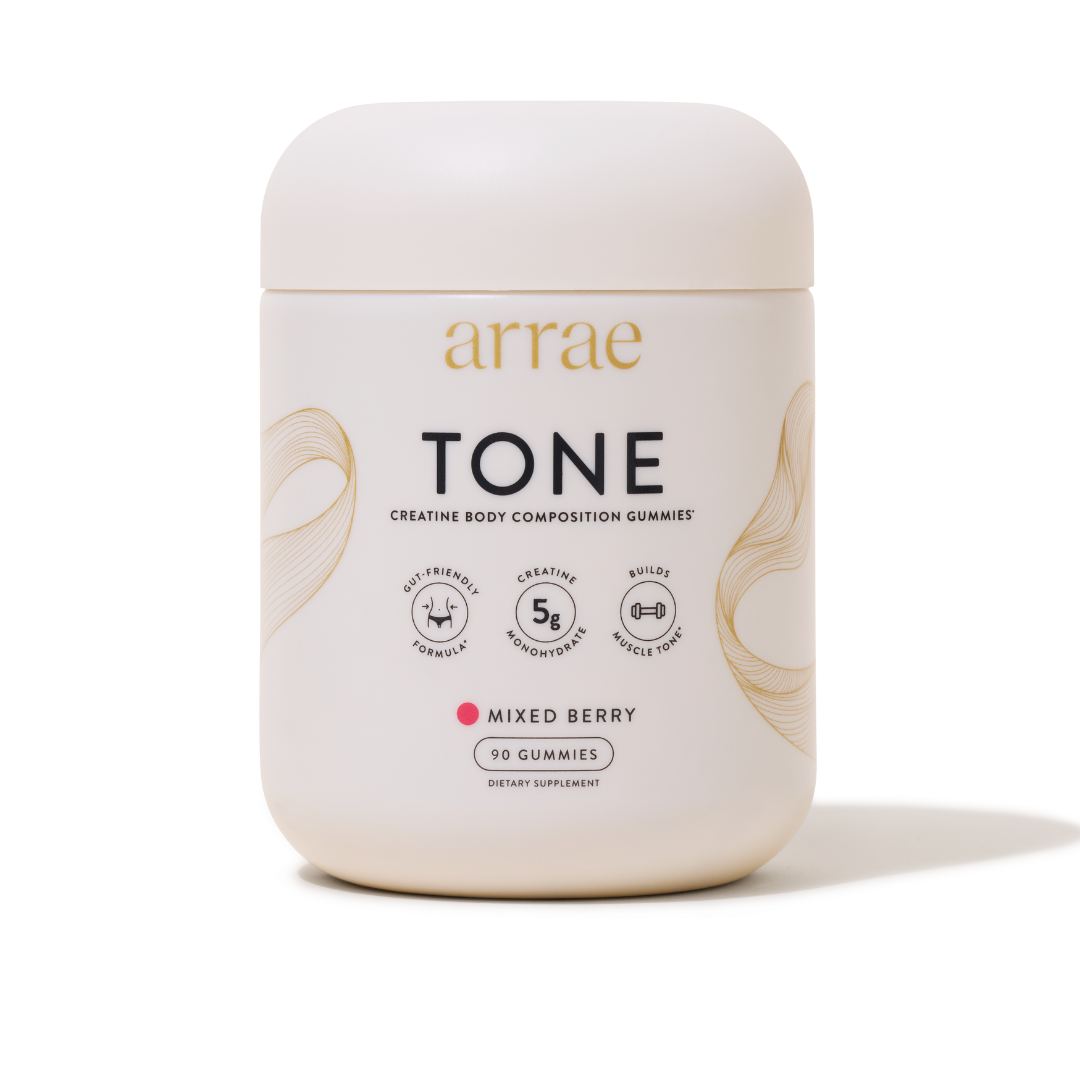
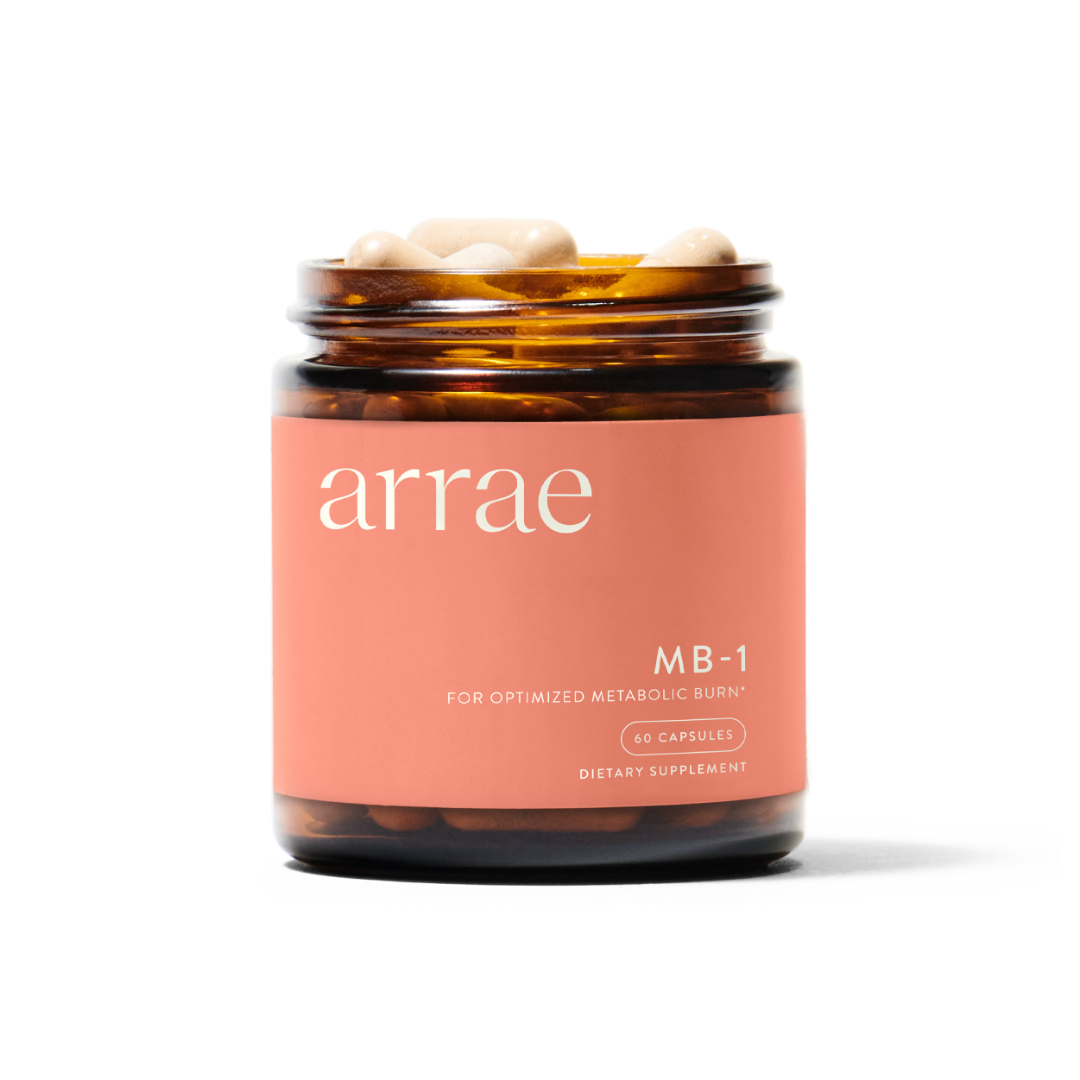
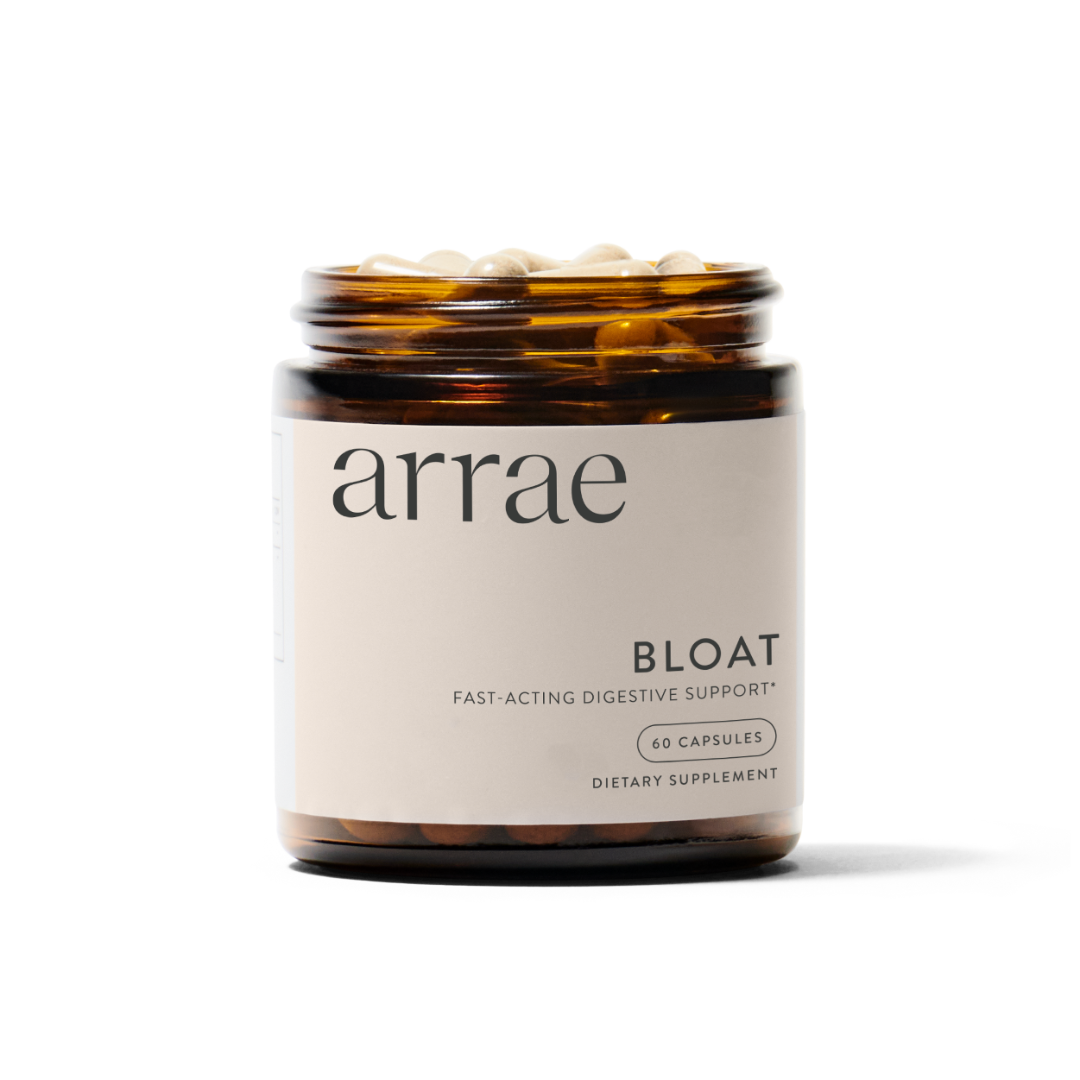
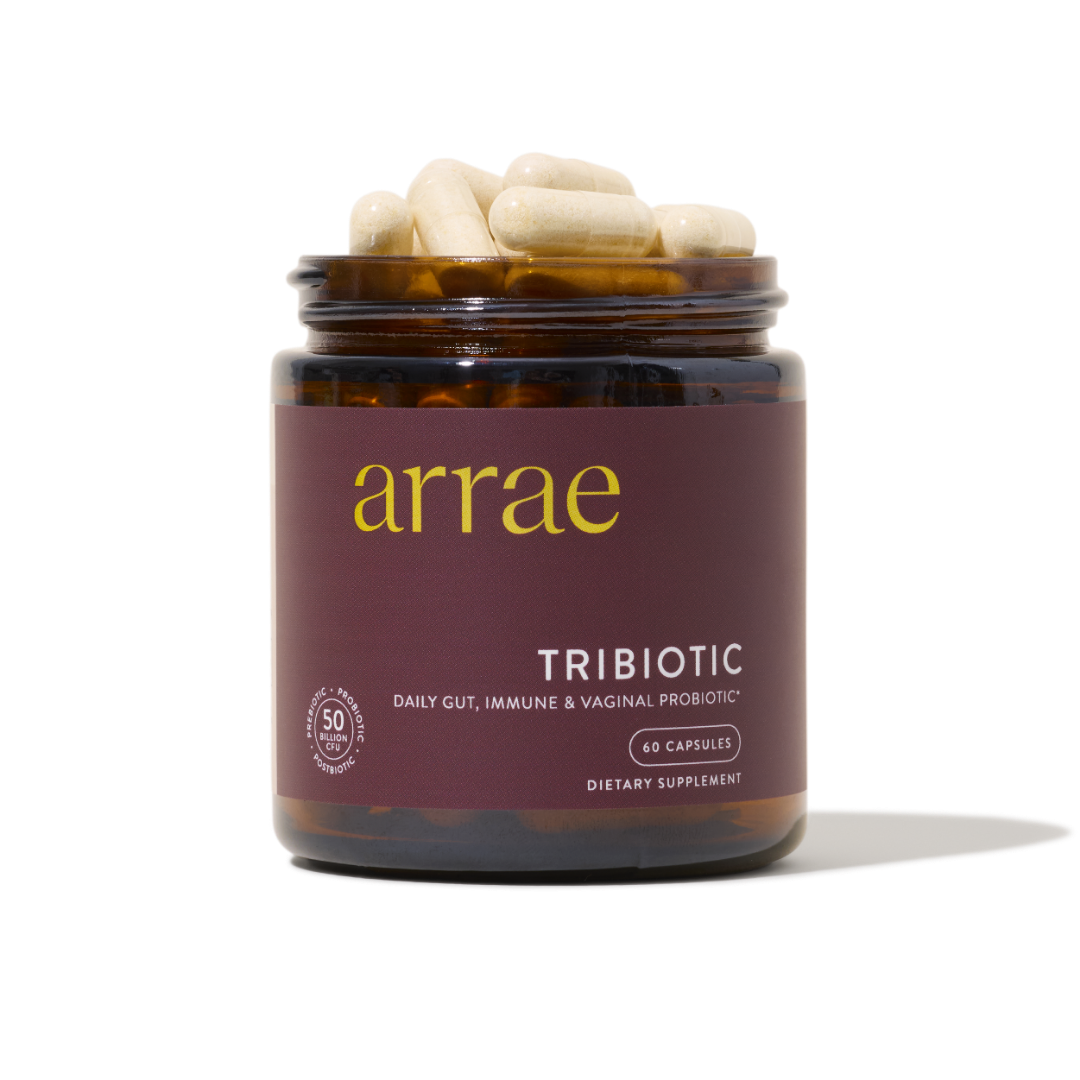
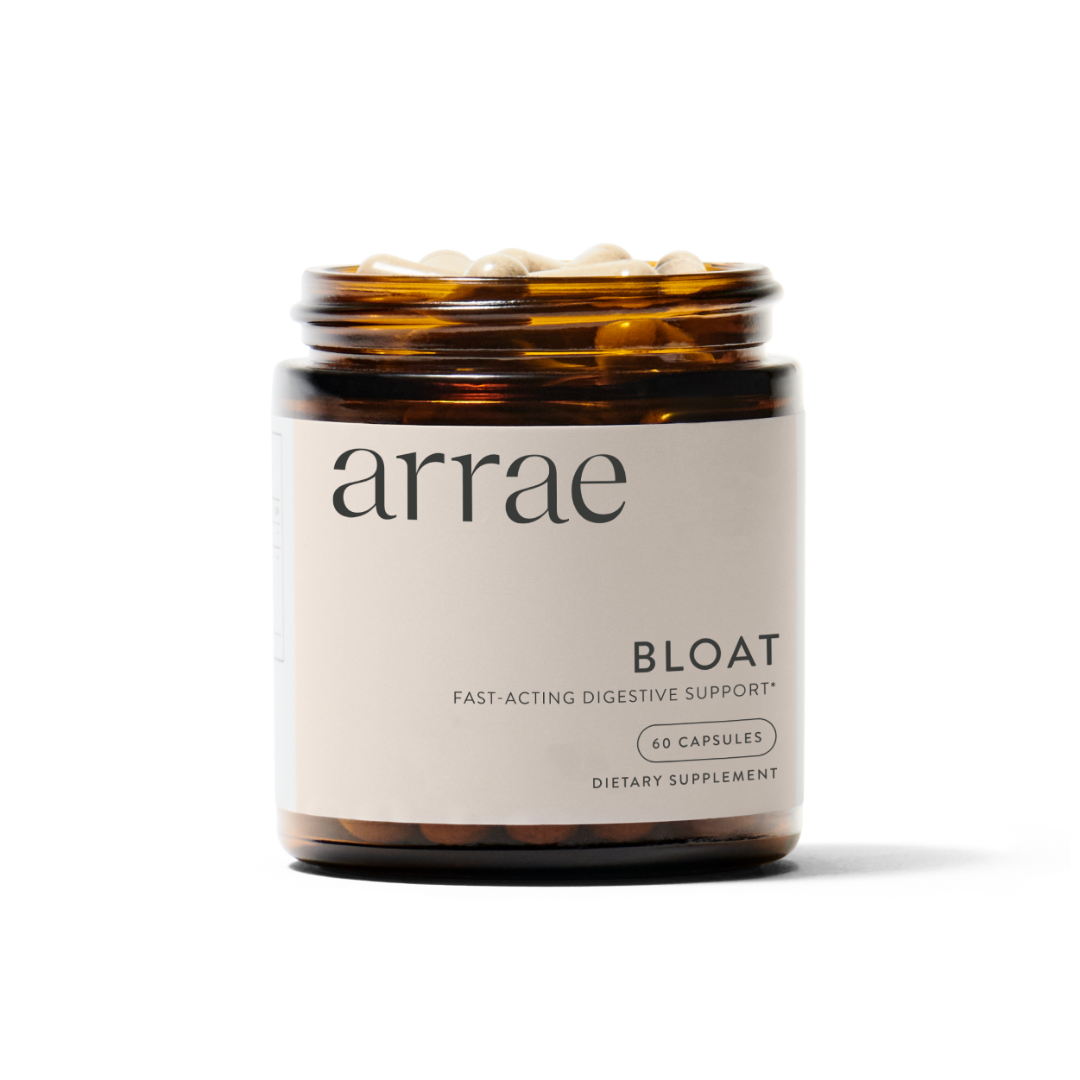
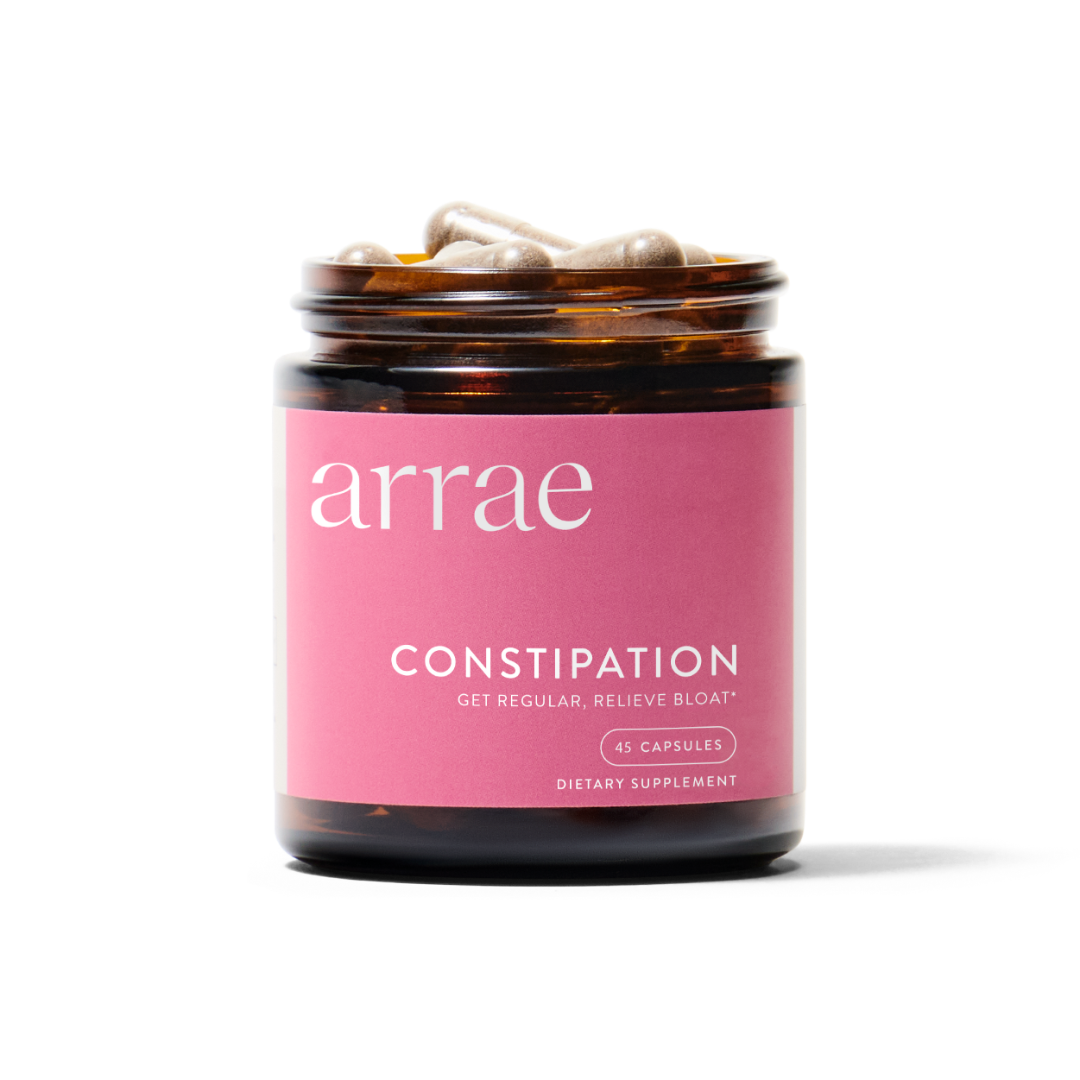

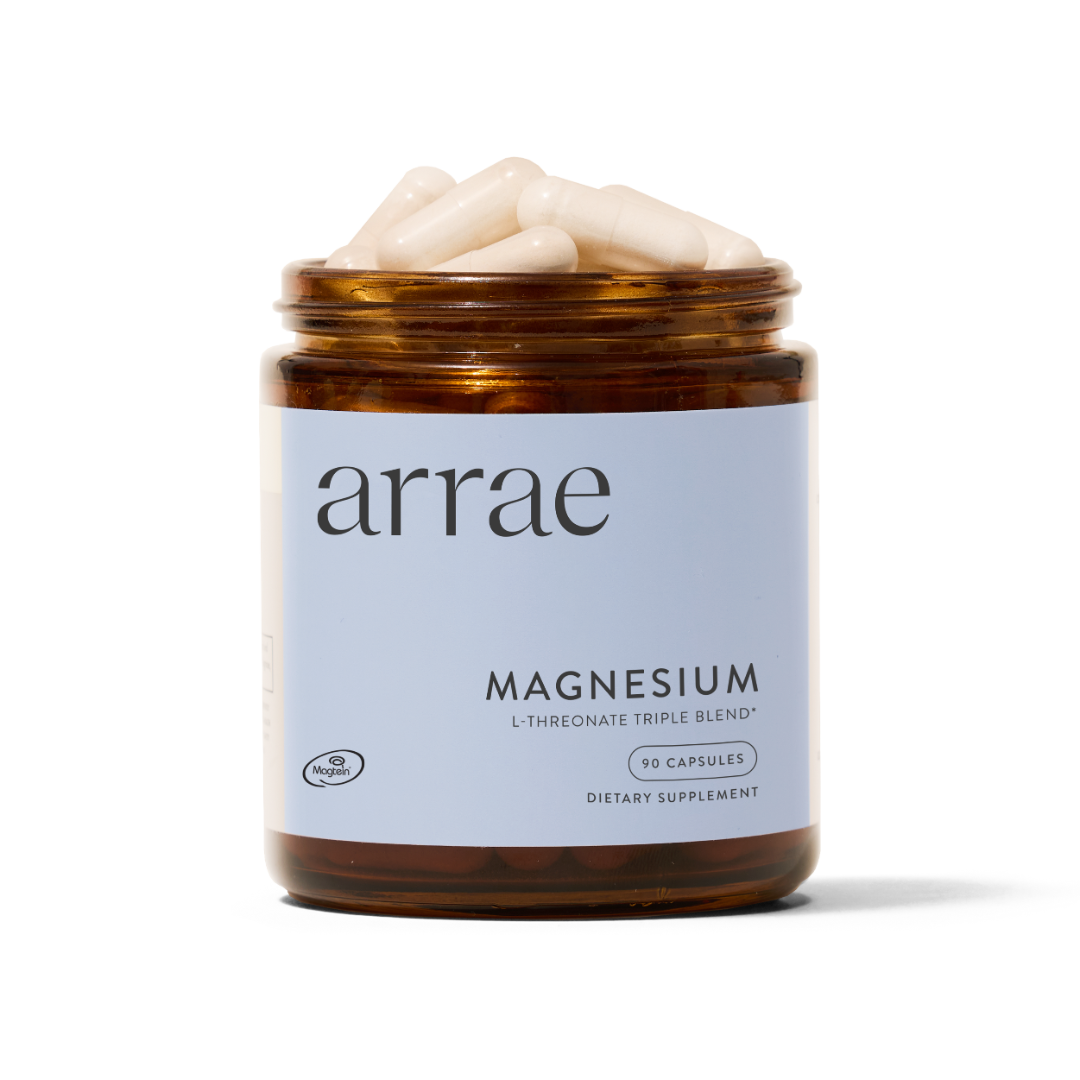
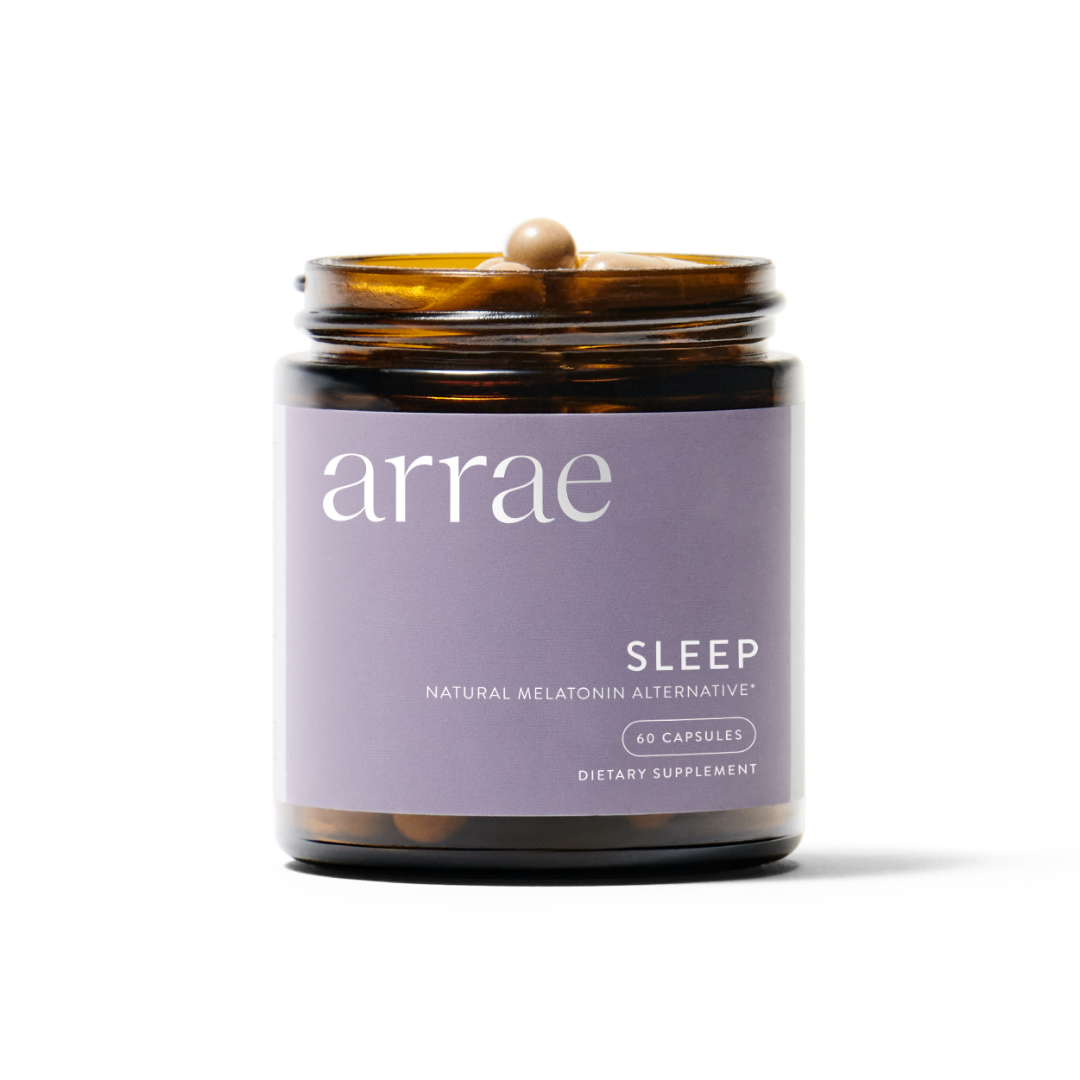
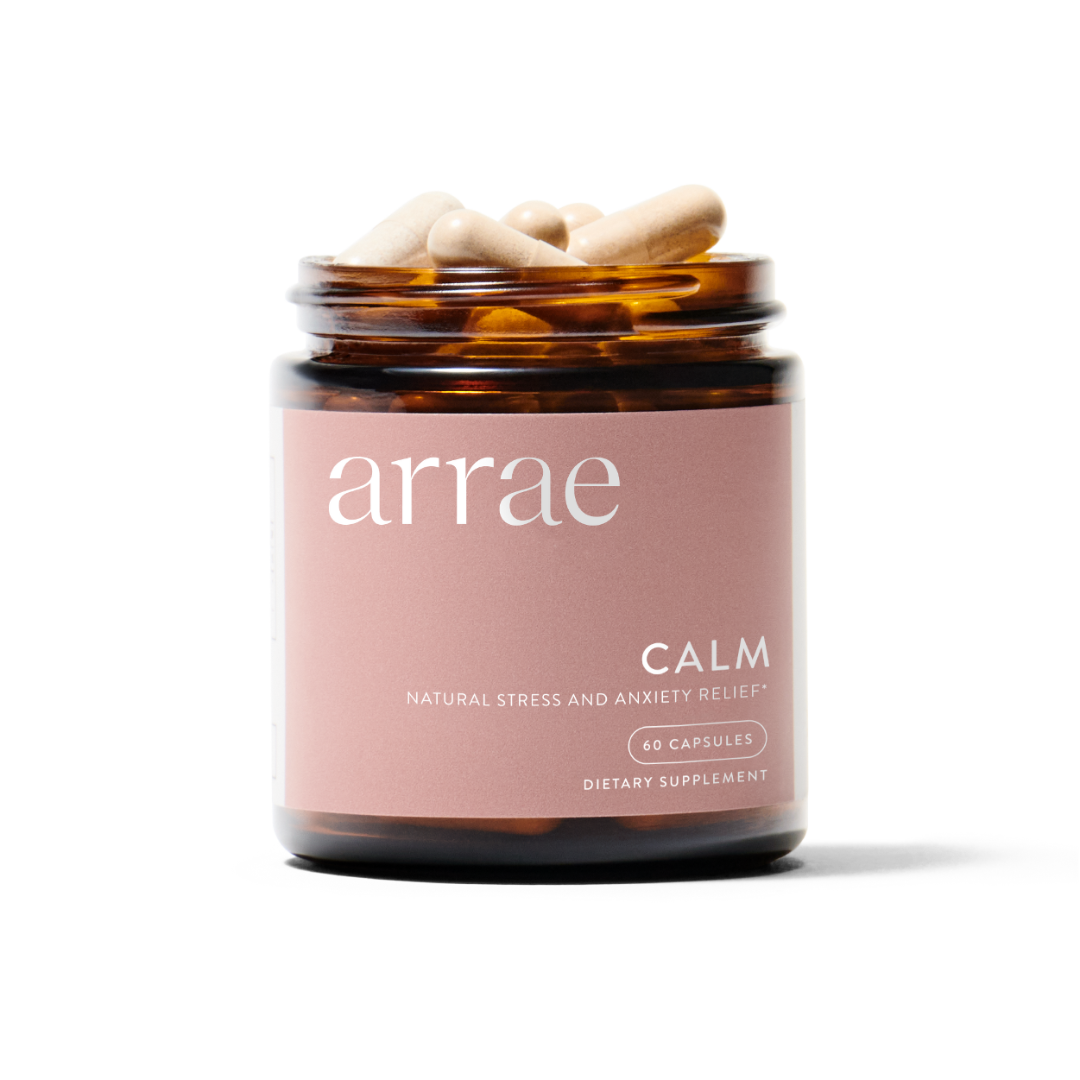
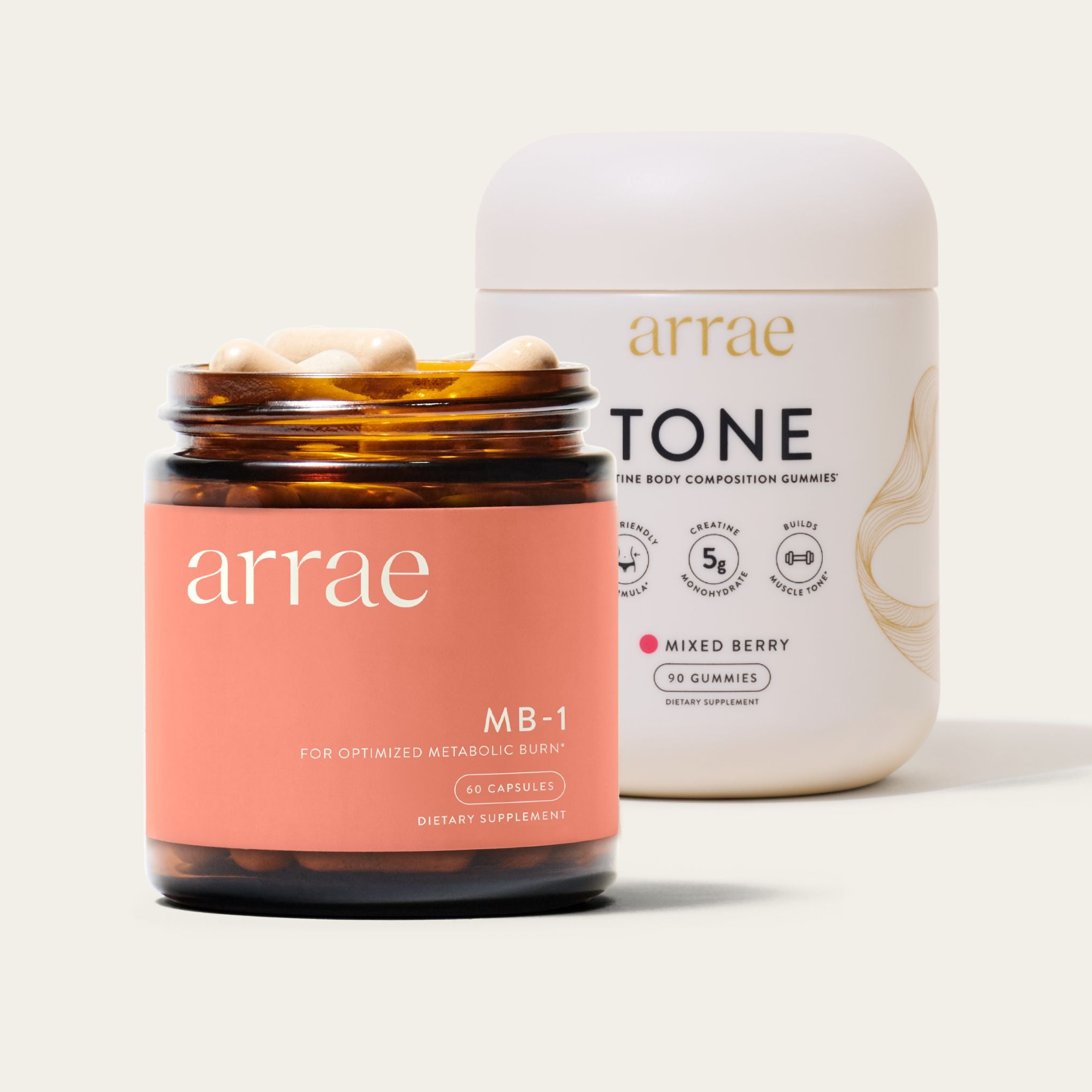
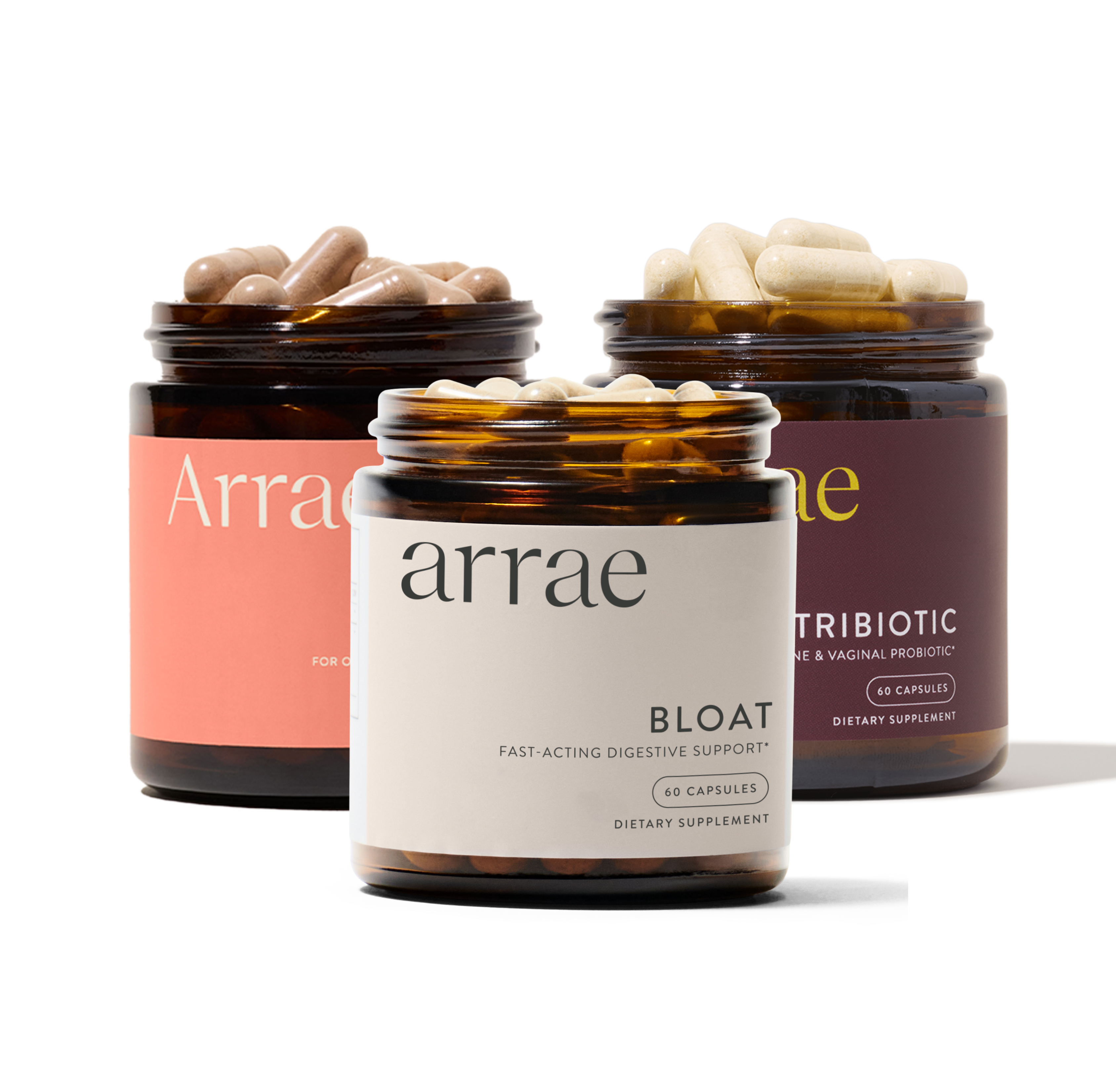
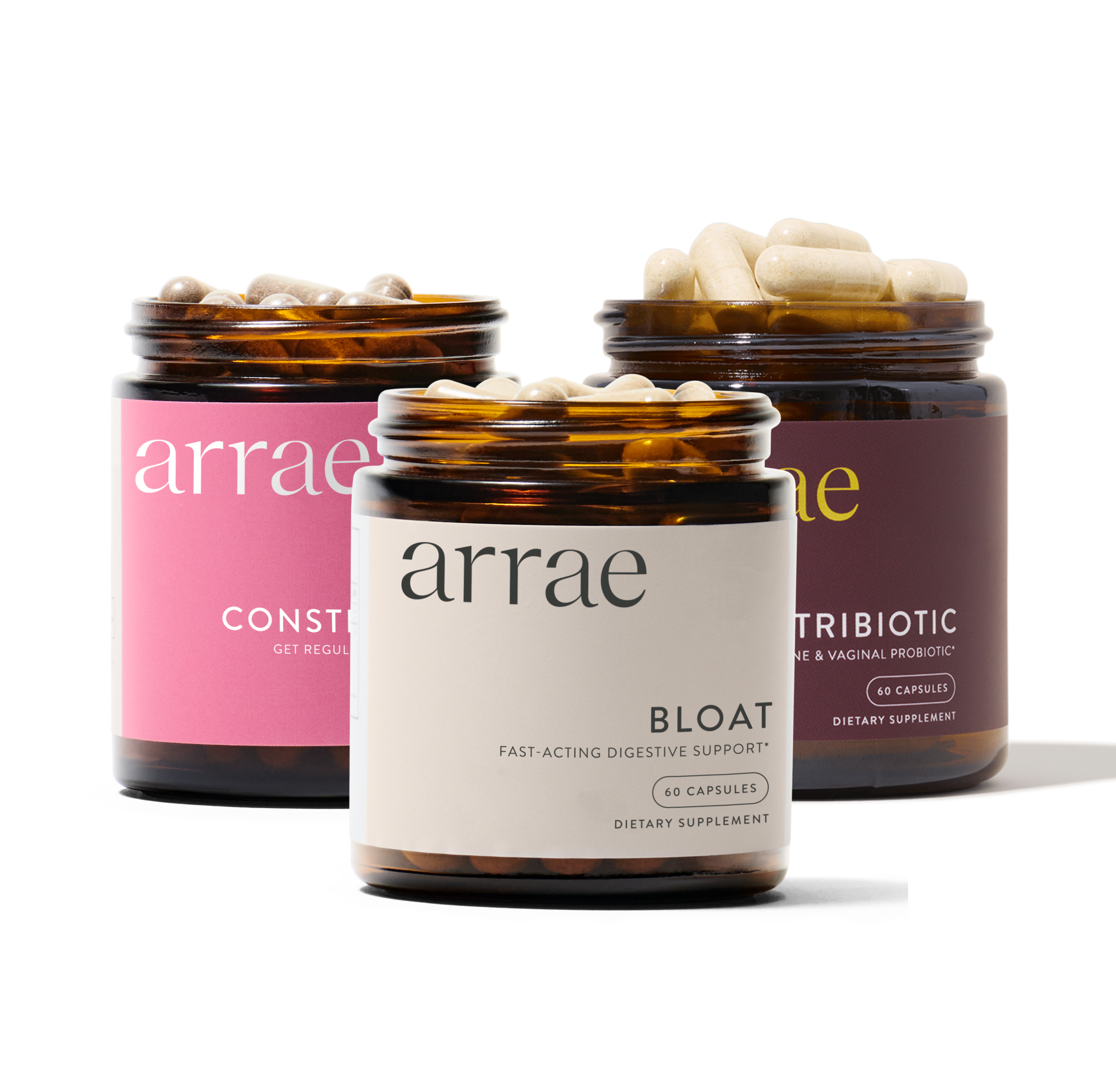




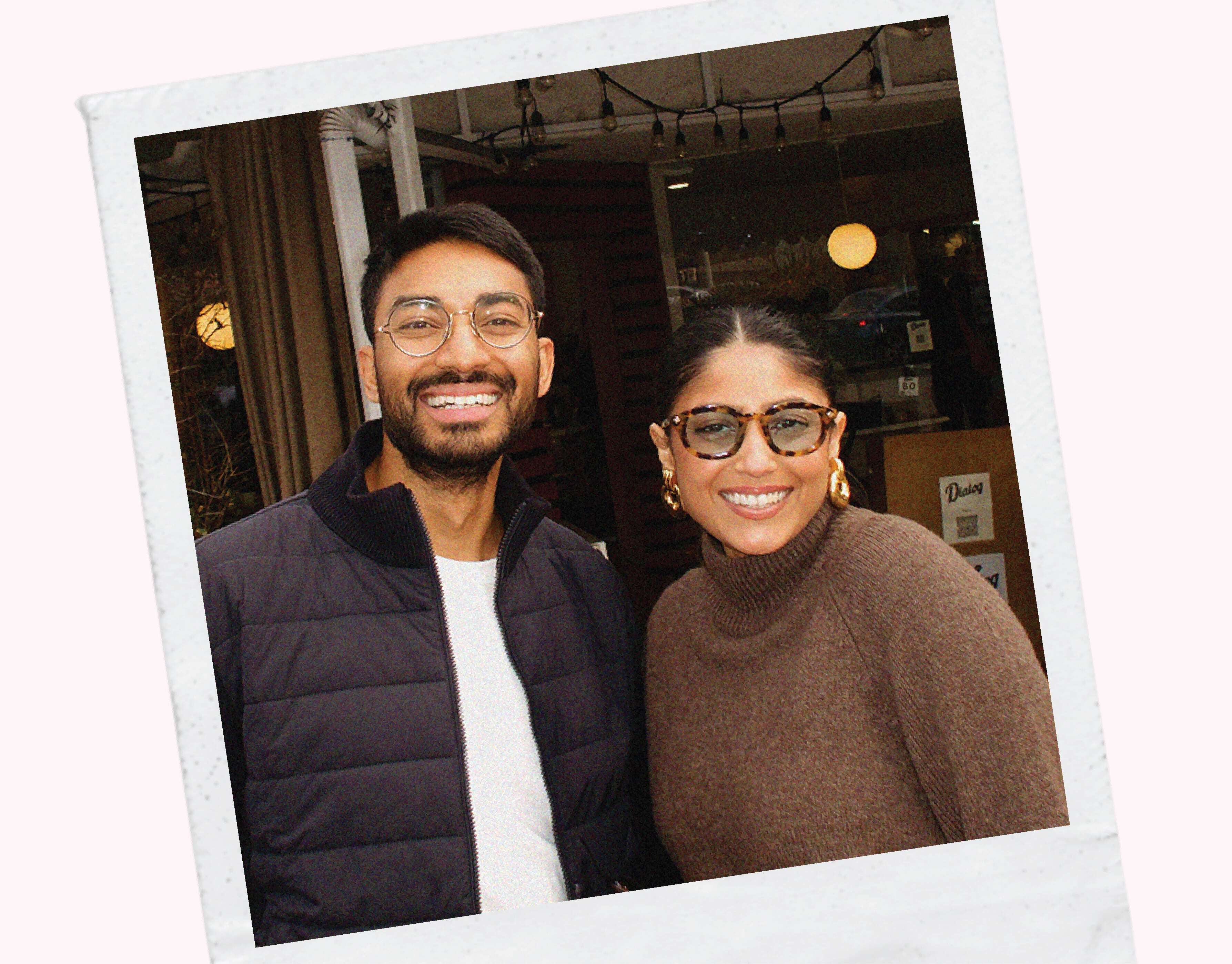

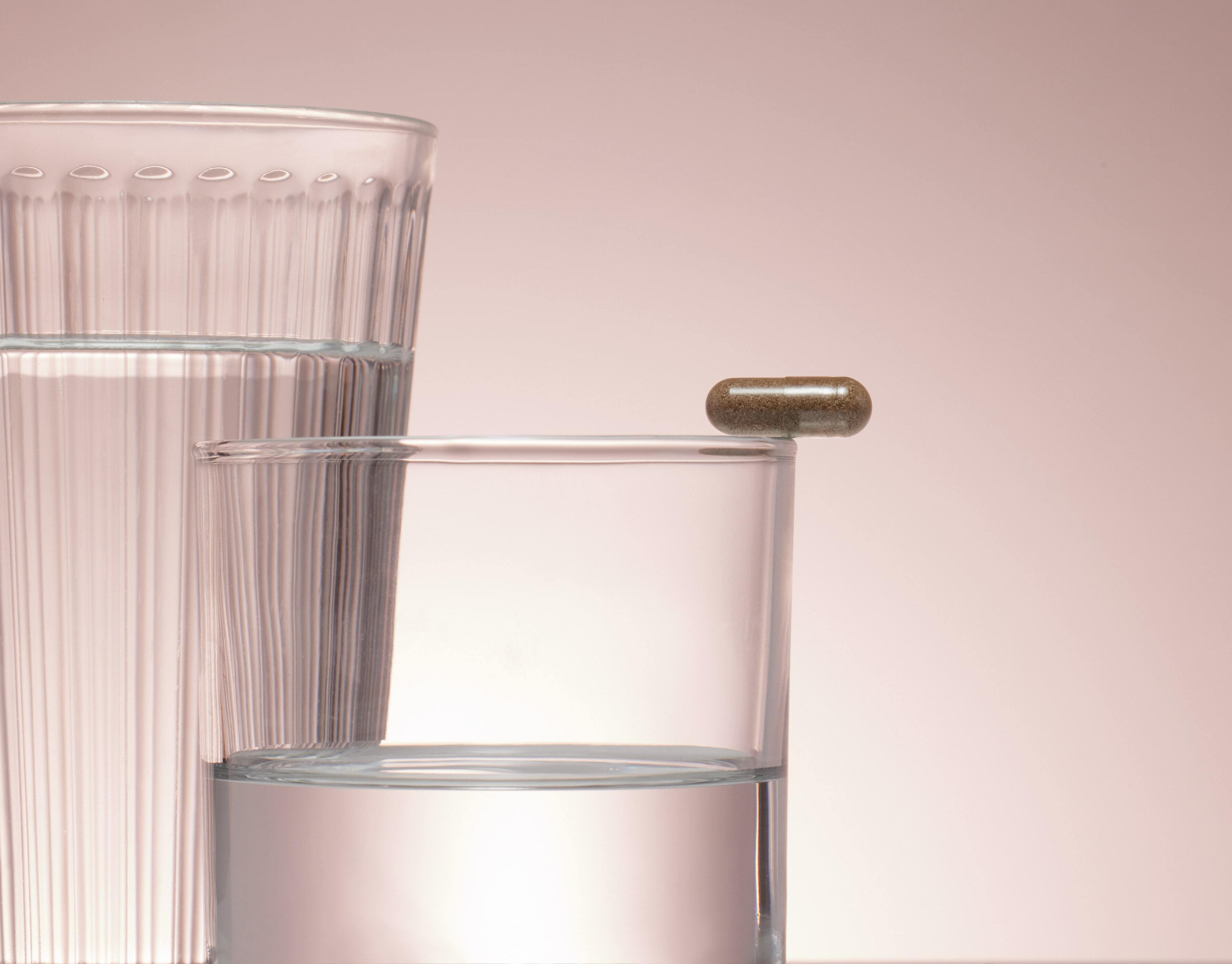

 Instagram
Instagram TikTok
TikTok Youtube
Youtube Facebook
Facebook Email
Email